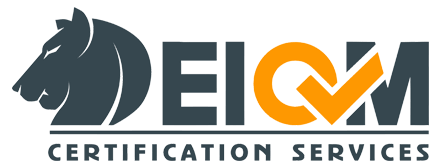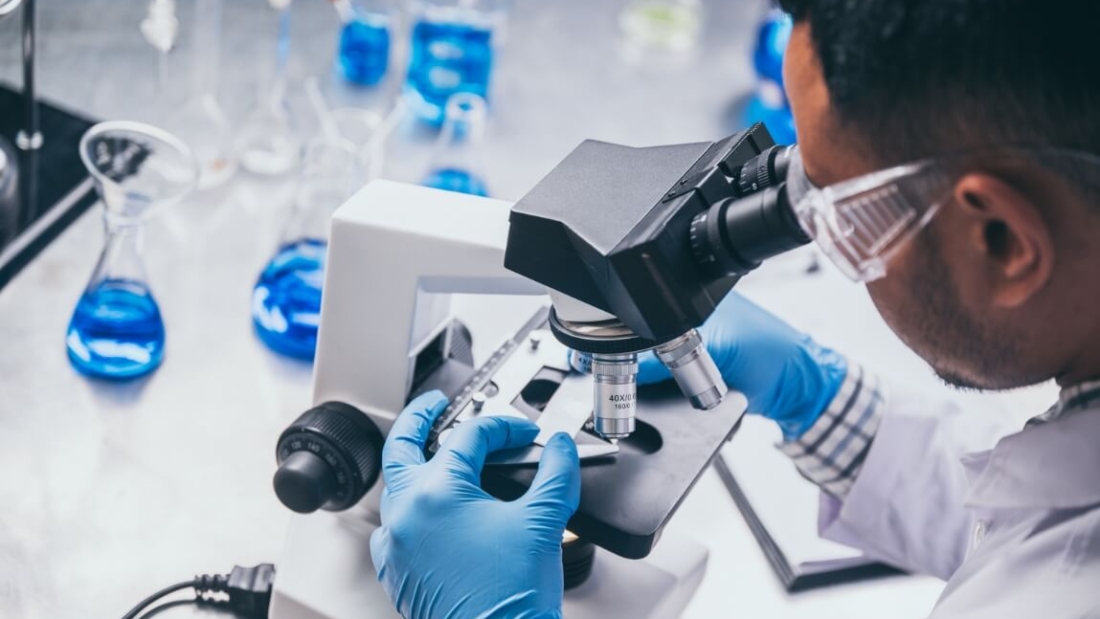ISO 17025 is a globally recognized standard that specifies the general requirements for the competence, impartiality, and consistent operation of testing and calibration laboratories. It is designed to ensure that laboratories deliver accurate and reliable results, thus promoting confidence in their services. This article provides a comprehensive overview of This standard, its importance, and how it benefits industrial laboratories.
What is ISO 17025?
ISO 17025, titled “General requirements for the competence of testing and calibration laboratories,” is an international standard developed by the International Organization for Standardization (ISO). It provides a framework for laboratory quality management systems and sets out the criteria for demonstrating technical competence in testing and calibration activities.
The standard covers various aspects of laboratory operations, including personnel competence, equipment calibration, testing methodologies, and quality assurance. This standard applies to all types of laboratories, regardless of their size or the industry they serve.
Why is ISO 17025 important for industrial laboratories?
Industrial laboratories play a crucial role in ensuring the quality and safety of products, materials, and processes used in various industries. ISO 17025 accreditation provides several benefits for these laboratories:
- Enhanced credibility and trust: 17025 accreditation demonstrates a laboratory’s commitment to quality and competence. It assures customers and stakeholders that the laboratory follows internationally recognized practices and produces reliable test results.
- Improved accuracy and reliability: 17025 requires laboratories to establish rigorous quality control measures, ensuring accurate and consistent test results. This helps in reducing errors, minimizing rework, and avoiding costly mistakes.
- Compliance with regulatory requirements: Many regulatory bodies require industrial laboratories to be ISO 17025 accredited for specific testing and calibration activities. Compliance with this standard ensures that laboratories meet the necessary regulatory criteria.
- Facilitated international acceptance: This standard is recognized globally, allowing accredited laboratories to establish partnerships and collaborations with other laboratories worldwide. This recognition helps in expanding business opportunities and gaining a competitive edge.
The key requirements of ISO 17025
ISO 17025 outlines several essential requirements that laboratories must meet to achieve accreditation. Some of the key requirements include:
Management Requirements
- Management commitment to quality
- Documented quality management system
- Defined roles and responsibilities
- Continuous improvement processes
- Ensuring confidentiality of client information
Technical Requirements
- Competent and trained personnel
- Adequate facilities and equipment
- Validated test methods
- Traceability of measurements
- Handling and storage of test items
- Calibration and maintenance of equipment
- Evaluation of measurement uncertainty
Benefits of ISO 17025 implementation
The implementation of This standard brings numerous benefits to industrial laboratories:
- Improved customer confidence: ISO 17025 accreditation enhances customer trust by assuring the accuracy, reliability, and integrity of laboratory results. This confidence leads to increased customer satisfaction and loyalty.
- Better risk management: emphasizes risk-based thinking, helping laboratories identify and mitigate potential risks associated with their operations. This proactive approach reduces the likelihood of errors and ensures consistent quality.
- Enhanced operational efficiency: promotes the use of standardized processes and procedures, streamlining laboratory operations. Efficient workflows, clear documentation, and well-defined responsibilities lead to increased productivity and reduced costs.
- International recognition and market access: 17025 accreditation is globally recognized, enabling laboratories to expand their reach and collaborate with international partners. It opens doors to new markets and increases business opportunities.
The accreditation process
Achieving ISO 17025 accreditation involves a structured process that includes the following steps:
- Gap analysis: The laboratory identifies areas where its current practices deviate from the standard requirements.
- Documentation and implementation: The laboratory develops and implements a quality management system that aligns with This standard. This includes policies, procedures, and work instructions.
- Internal audit: An internal audit is conducted to verify compliance with ISO 17025 and identify any non-conformities or areas for improvement.
- Management review: Laboratory management reviews the internal audit findings and takes corrective actions to address non-conformities.
- External assessment: An accredited certification body performs an assessment of the laboratory to evaluate its compliance with ISO 17025.
- Accreditation decision: Based on the assessment findings, the certification body makes a decision regarding the laboratory’s accreditation.
ISO 17025 and quality management systems
ISO 17025 and quality management systems (QMS) go hand in hand. The standard provides a framework for laboratories to establish and maintain an effective QMS, which includes processes for managing risks, ensuring customer satisfaction, and continually improving operations.
By integrating ISO 17025 requirements with a QMS, laboratories can achieve operational excellence, deliver reliable results, and meet the needs of their customers and stakeholders.
Ensuring traceability and measurement uncertainty
ISO 17025 places significant importance on traceability and measurement uncertainty. Traceability refers to the ability to relate test results to national or international measurement standards. Laboratories must establish and maintain traceability to ensure the accuracy and reliability of their measurements.
Measurement uncertainty, on the other hand, quantifies the doubt associated with a measurement result. Laboratories must evaluate and report the measurement uncertainty for their test results, providing an indication of the reliability and confidence level associated with the reported values.
Document control and record keeping
ISO 17025 emphasizes the importance of document control and record keeping. Laboratories must establish procedures for controlling documents, such as test methods, standard operating procedures, and quality manuals. Effective document control ensures that the latest versions of documents are available, reduces the risk of using outdated information, and promotes consistency in laboratory practices.
Record keeping involves maintaining accurate and complete records of laboratory activities, including test results, calibrations, and equipment maintenance. Good record keeping facilitates traceability, enables performance evaluation, and supports audits or assessments.
Equipment calibration and maintenance
Accurate test results rely on properly calibrated and maintained equipment. ISO 17025 requires laboratories to establish procedures for equipment calibration, ensuring that measurement instruments are regularly checked and adjusted against traceable standards.
In addition to calibration, regular maintenance and verification of equipment performance are essential to guarantee accurate and reliable measurements. Laboratories must establish schedules for equipment maintenance, including preventive maintenance activities and periodic performance verification.
Proficiency testing and interlaboratory comparisons
Proficiency testing and interlaboratory comparisons are essential aspects of ISO 17025. Laboratories participate in proficiency testing programs to assess their performance and compare it with other laboratories. This external evaluation provides an objective measure of a laboratory’s competence and helps identify areas for improvement.
Interlaboratory comparisons involve conducting tests or calibrations on the same sample within a group of participating laboratories. Comparing results among laboratories allows the identification of systematic differences or biases, contributing to the overall improvement of measurement accuracy.
Conclusion
ISO 17025 is a vital standard for industrial laboratories, providing a framework for establishing and maintaining competent and reliable testing and calibration services. By complying with ISO 17025, laboratories can enhance their credibility, improve operational efficiency, and gain international recognition. Implementing ISO 17025 requires commitment, dedication, and ongoing efforts to meet the standard’s requirements. Industrial laboratories that strive for excellence and seek to provide accurate and reliable results should consider achieving ISO 17025 accreditation.
Contact EIQM
To contact us, please fill out the form below. We will contact you as soon as possible. You can also apply through this form if you would like to receive system certification or representation of EIQM Certification Body.

